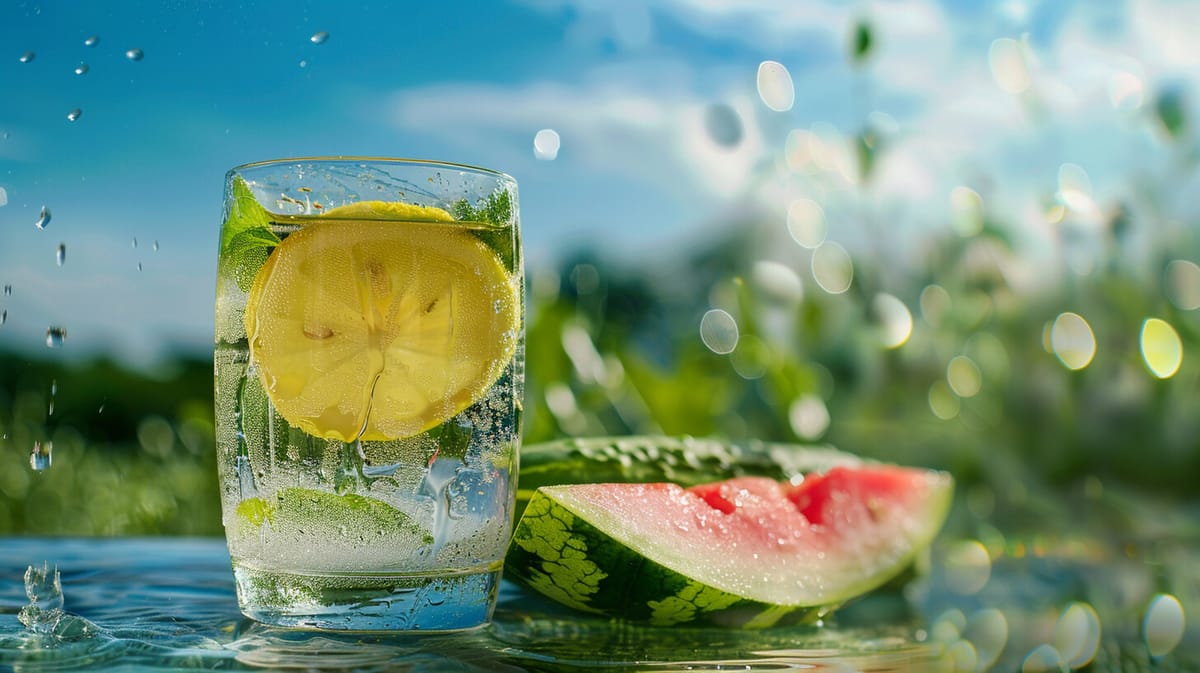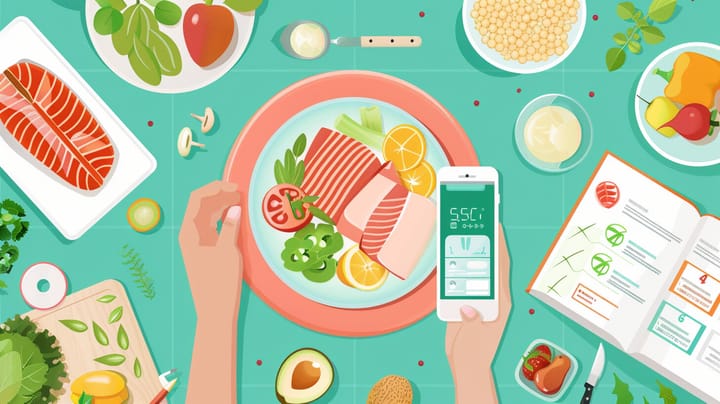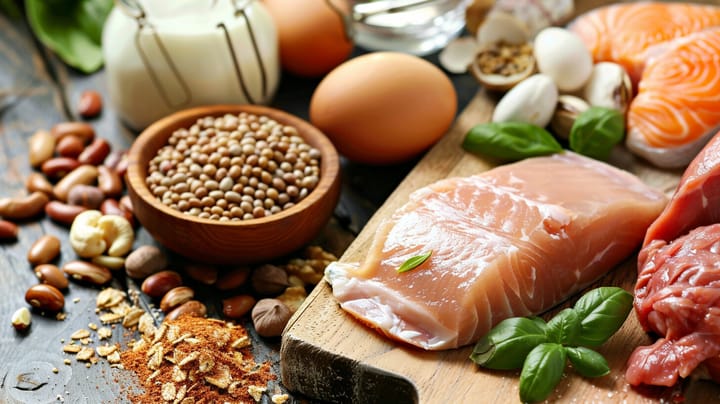Unlock the Secrets to Perfect Hydration: How Much Water You Really Need

Hydration is fundamental to our health, influencing everything from cognitive performance to physical endurance. But exactly how much water should one drink to stay optimally hydrated? This comprehensive guide delves into the science of hydration, unpacking myths and providing actionable tips to help you maintain perfect hydration levels every day.
Understanding Hydration
Water comprises roughly 60% of the human body and plays a pivotal role in numerous physiological processes, including digestion, waste removal, and temperature regulation. Every cell, organ, and tissue in your body requires water to function properly.
Why Hydration Is Essential
- Digestion and Nutrient Absorption: Water aids in the production of saliva and stomach acids necessary for breaking down food. It also facilitates the absorption of nutrients and helps digest dietary fiber.
- Waste Elimination: Adequate hydration is crucial for kidney function, enabling the body to excrete waste through urine and maintain healthy bowel movements.
- Metabolic Function: Hydration can boost your metabolism, potentially leading to weight loss and reduced intake of sugars, sodium, and saturated fats.
- Brain Function: Even mild dehydration can impact cognitive functions such as memory, focus, and mood, as water constitutes 75% of brain mass.
- Joint Health: Water nourishes the synovial fluid, which cushions and lubricates joints.
How Much Water Do You Really Need?
The National Academies of Sciences, Engineering, and Medicine suggest that women consume approximately 73 ounces (about 2.12 liters) and men 100 ounces (about 3 liters) of water daily. However, these are general guidelines. Factors such as exercise intensity, environmental conditions, and individual health may increase these needs.
Factors Affecting Hydration Needs
- Exercise: Vigorous or prolonged physical activity raises sweat production, necessitating additional fluid intake.
- Environment: Hot or humid weather accelerates fluid loss through sweat, requiring more frequent hydration.
- Diet: High intake of proteins, sodium, or spices may require increased water consumption to facilitate digestion and waste elimination.
Practical Tips for Staying Hydrated
- Start Your Day With Water: Drinking a glass of water first thing in the morning kick-starts hydration.
- Eat Water-Rich Foods: Incorporate fruits and vegetables with high water content like cucumbers, tomatoes, and watermelons in your diet.
- Monitor Your Hydration: Keep an eye on the color of your urine. A pale yellow indicates good hydration, while a dark yellow suggests you need more water.
- Adjust Intake When Needed: Increase your water intake on days involving more physical activity or higher temperatures.
Conclusion
Understanding and managing your hydration can profoundly affect your health and well-being. By incorporating the insights and tips detailed in this guide, you can ensure that your body always has the fluids it needs to perform at its best, regardless of external or lifestyle factors.


